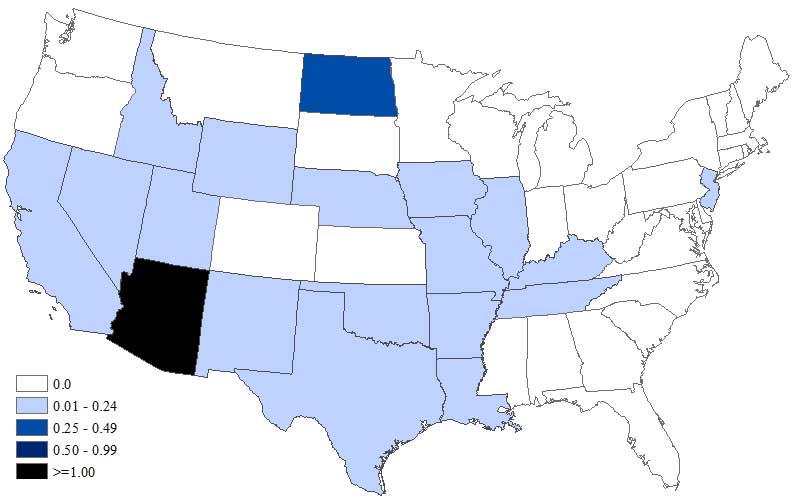
A 24-year veteran of the Bryan police department went home from the hospital Friday, after a five and a half month battle with the West Nile Virus.
NBC 6 News first introduced you to Sergeant Donnie Manry in August. Sergeant Manry contracted the virus from a mosquito bite.
NBC 6 News first introduced you to Sergeant Donnie Manry in August. Sergeant Manry contracted the virus from a mosquito bite.
He was initially paralyzed from the waist down. With short, determined steps, Manry walked out the doors of Saint Joseph Hospital in Bryan Friday afternoon.
His wife Stephanie said, "I don't know if we know of any other way to be. I mean you just have to make the best of it and that's what we were determined to do so, and that's what's gotten us where we are."
Last August Manry's neck and shoulders became stiff and his temperature shot up to 103 degrees.
At first doctors thought he had the flu, but eleven days after his first symptoms appeared, Manry was diagnosed with West Nile Virus.
Doctors said his future was uncertain, but Manry never gave up.
During the last five and a half months, Manry has undergone extensive physical therapy to relearn things that used to be second nature.
Doctors said his future was uncertain, but Manry never gave up.
During the last five and a half months, Manry has undergone extensive physical therapy to relearn things that used to be second nature.
Lead Therapist Julie Cerna said, "He had to relearn how to do all of his activities of daily living, which included how to get in and out of bed, to walk and even being able to bathe and dress again."
Slowly but surely, Manry has gone from being paralyzed from the waist down to now walking with assistance as far as 600 feet.
"Just as recently as last week, there was some new progress and I had my ankle, I was able to move my ankle just a little bit.
"Just as recently as last week, there was some new progress and I had my ankle, I was able to move my ankle just a little bit.
I was on the phone with everybody because the progress is still coming,” Manry said.
Manry's children said they're glad he's finally coming home.
Daughter Chelsea said, "I am looking forward to just cuddling up on the couch, watching movies or eating dinner all together. [I’m looking forward to him just] being there like normal.”
Manry's children said they're glad he's finally coming home.
Daughter Chelsea said, "I am looking forward to just cuddling up on the couch, watching movies or eating dinner all together. [I’m looking forward to him just] being there like normal.”
The Manry family said while this has been a horrible experience for them, they have learned one big lesson from it; they will never take each other for granted.
WATCH VIDEO-Click Here NBC 6



